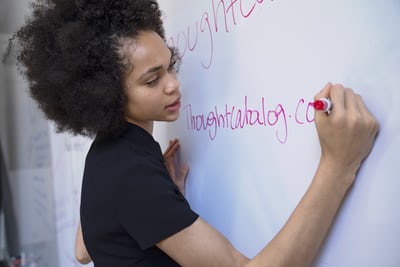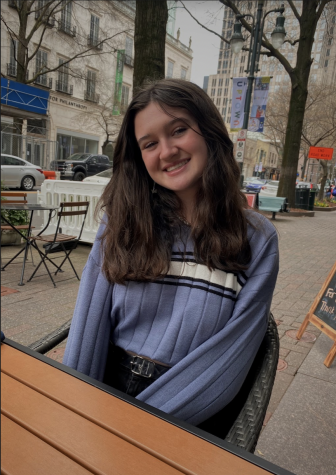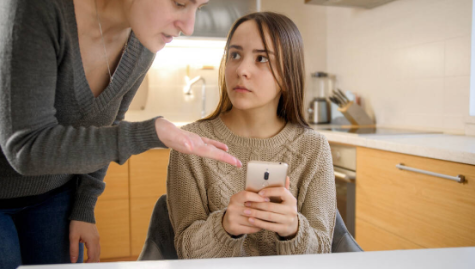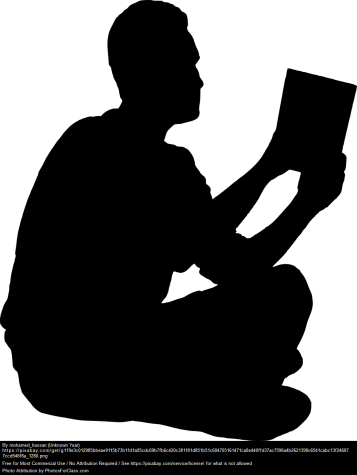Should teacher’s expectations be lower after the pandemic?

COVID-19: an era full of twists, turns, and unexpected changes. As students left mid-school 2020 year due to the pandemic, learning was put on pause for the sake of safety, leaving many uncertain about what was to come in the following school year.
As the new school year began, many teachers expected their students to be at the same learning proficiency as those who took the same classes pre-COVID-19.
“As we transition back to in-person learning, teachers expect more of us or expect us to know what we should have been taught last year or in years prior, but in actuality, we may have only grasped a few of those concepts, if any at all, due to modernized learning,” junior James Merritt said.
In UCPS’s case, the end of the 2020 school year was optional. Students were not required to complete assignments or exams, causing students to fall behind and miss the majority of the content learned in the course.
“Some of my teachers go a bit too fast for my pace sometimes, especially because I did not understand a lot last year during COVID,” senior Madison Grima said.
Gaps in learning are especially prevalent in courses with prerequisites. These classes, such as Math II and Math III, build off the previous one. Those who were not able to complete the full semester of the course or those who completed the course online will not have the same knowledge as those who had fully completed the course.
“In math, certain things we learned last year I didn’t fully learn or completely understand,” senior Karissa Pelichet said.
Online learning became a common struggle for countless students. “I think teachers should be more lenient with their students as we all have different learning styles and some people were really affected by online learning,” Grima said.
According to the Northwest Evaluation Association (NWEA) and scholars from Brown University, “The average student [following the usage of online learning software] could begin the next school year having lost as much as a third of the expected progress from the previous year in reading and half of the expected progress in math.”
“I think it’s unfair for teachers to have such high expectations; we’re all learning to the curve now, we all struggled last year,” Pelichet said.
As the school year continues, students hope teachers will implement new ways to get students caught up. Teachers have been exploring options for students who require assistance. At SV, tutoring will be made available for those who need it.
“Teachers should try and grade quizzes through the attempt, to make sure their students are on the same level,” Merritt said.
The pandemic’s unpredictability has created gaps for students and has altered learning in big ways. “COVID has changed learning, especially for this generation,” Merritt said. “Whether you’re in first grade or in twelfth grade, we have all been set back.”

KAYLA RADMAN is a senior, spending her second year on staff as the FEATURES EDITOR. KAYLA spends the majority of her time listening to music, spending...



